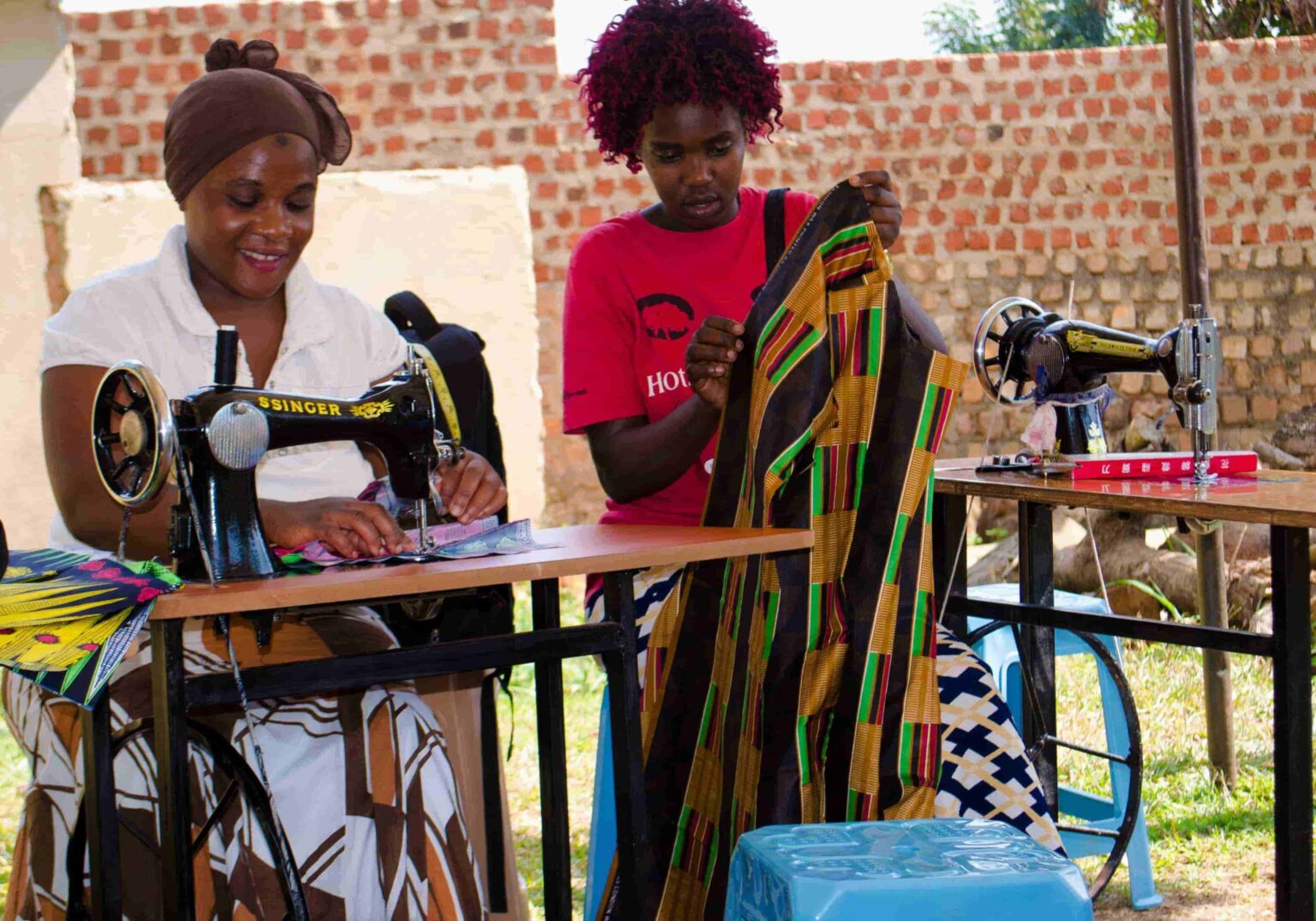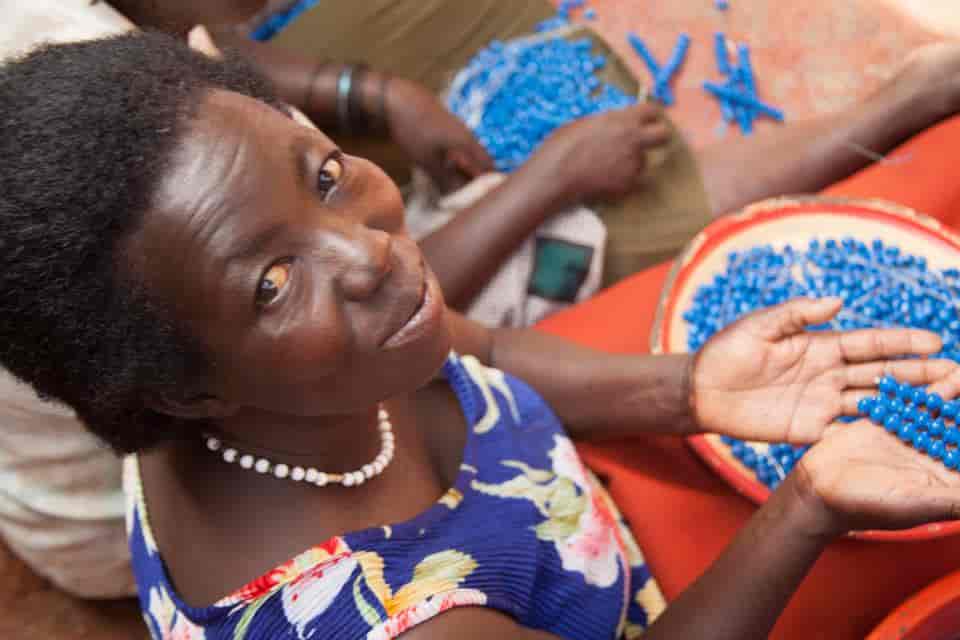Livelihood
Explore our diverse range of programs and projects designed to ignite change and drive impact.
why
Livelihood
Because of one or more factors, the majority of slum youth do not complete formal school. Many drop out of school due to a lack of tuition, teenage pregnancies, and a lack of study materials, but it is also typical for parents to prioritize males over girls, sending their daughters off to early marriages.
YSU chose to provide these young people with skills that will enable them to start their own enterprises and lessen disparities. This we do within our livelihood programs
OUR CONTRIBUTION
Livelihood Programs & Projects

Tailoring Project
For six months, this programme teaches both men and women basic tailoring skills. Machine work, pattern design and cutting, fashion illustrations, and practical sewing are all taught to them. After six months of training and an internship with partner industries, they are awarded a certificate. With this ability, 71 participants learned how to create their own enterprises and earn a living to support their families.

Hair dressing and Cosmetology
The program also lasts 6 months, during which time participants learn both hair styling and cosmetology. Plaiting, weaving, styling, and cosmetics are examples of these abilities. Following that, the participants complete a two-month internship and are handed a certificate. With this expertise, the student already has a job waiting for them at the mushrooming hair salons, and they can still start their own mobile salon at the convenience of their clientele. In 2022, the initiative enrolled 116 people divided into two groups.

The Beads Project
The Acholi Quarter is a Kampala slum populated primarily by IDPs from the Acholi tribe who were forced to evacuate northern Uganda during the Kony war in the early 2000s. Many residents of the Acholi Quarter work at a nearby stone quarry, where men truck the rock and women break it up. The Beads Project was founded in 2012 to empower young women in the Acholi Quarter. Over 100 women aged 15 to 25 came together to manufacture beads and crafts. This project provides 63 at-risk women and girls with an essential source of income. It frequently covers their school tuition as well as assisting them in providing for themselves and their families. This project is more than just a source of revenue for these girls and women; it is also a place for them to form friendships and obtain advice and social support networks.

